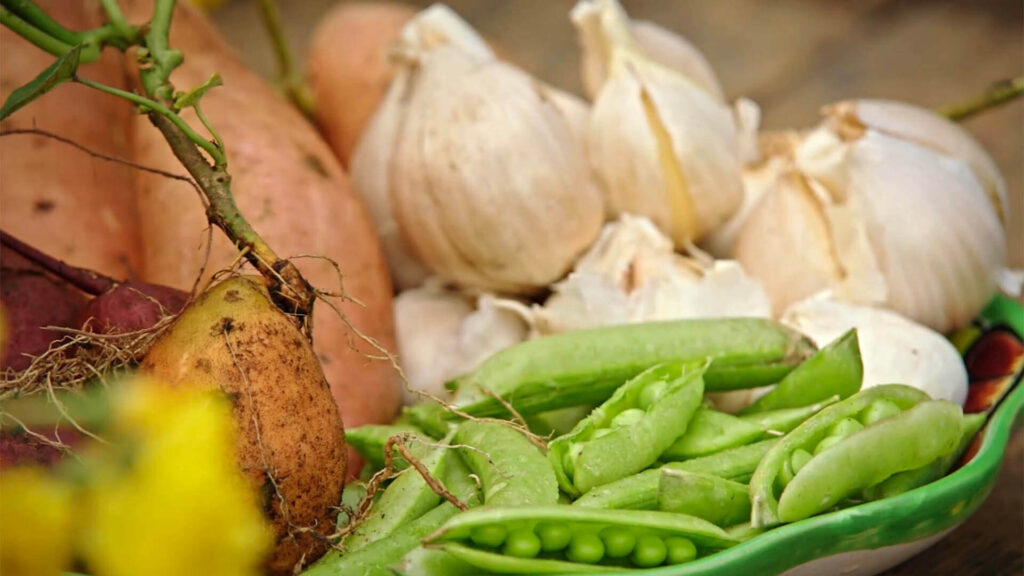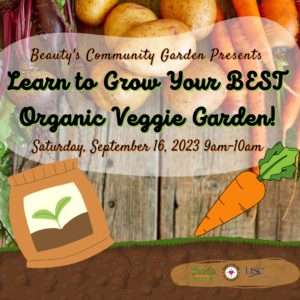We're Transforming Food Deserts to Beauty!
Beauty's Community Garden's programs, events, and educational materials focus on breaking the cycle of food insecurity, poor nutrition, and the resulting health outcomes people within communities with limited access to fresh produce experience. These communities are called food deserts. Our garden is located in one of forty plus food deserts in Houston. We are committed to bringing awareness and impacting the lives of the residents in these communities.
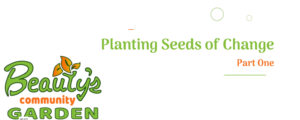
24 Million
People in the U.S. reside in food desert communities according to the USDA
500,000
Reside in one of 40+ food deserts in
Houston, Texas alone.
Health Impact
Poor diet and access to processed foods result in poor health.
Learning about what we eat and where it comes from has a transformative influence on how we grow, feel, and act.
More than giving food that feeds for a day, we teach you how to become your own food source, and the advantages of bringing plant-based foods into your diet, gaining a global, cultural, and scientific appreciation for food, and setting you on a lifetime path of personal, physical, and emotional wellbeing.
Okra
Abelmoschus esculentus
Known in some English-speaking countries as lady's fingers, Okra is a flowering plant in the mallow family native to East Africa.
Crop Description
Okra is a green, pod-shaped vegetable that thrives in warm climates. The species is a perennial, often cultivated as an annual in temperate climates, often growing to around 6 ft 7 in tall.
Culinary Use
Okra is commonly used in dishes like gumbo, where its natural mucilage helps thicken soups and stews. It can also be fried, grilled, pickled, or stir-fried, adding a unique texture and flavor to various cuisines.
Nutrition
A 100-gram serving of okra has 33 calories, 7.5g of carbs, 3.2g of fiber, and 1.9g of protein, with minimal fat. It provides key nutrients like vitamin C, K, A, folate, calcium, iron, magnesium, and potassium, making it a nutritious addition to any diet.

Crop Cultivation
Harvest okra when pods reach 2-4 inches, about 50-60 days after planting. Pick frequently to prevent tough pods and boost continuous yield in warm, well-drained soil with full sun.
Body Benefits
Okra supports digestion with its high fiber content, promotes heart health by helping regulate cholesterol, and provides antioxidants that combat inflammation. Its rich vitamin and mineral profile aids immunity, bone strength, and skin health, making it a great addition to a balanced diet.
Origin & History
Okra originated in Africa and was cultivated as early as ancient Egyptian times before spreading to the Middle East, India, and the Americas through trade and migration. It became a staple in Southern U.S. cuisine, particularly in dishes like gumbo, due to its natural thickening properties and adaptability to warm climates.

“I started volunteering at Beauty’s Garden in 2020 to raise vegetables and work in a garden like I love to do. It’s hard to make new friends in middle age, and to make it worse I came to Houston at the beginning of the pandemic so I was so isolated, living and working alone. There was no where to go! Nothing was open where I could talk to other people! The Garden turned out to be the only place I could bring my mask and interact safely, outdoors, with diverse but like-minded people. We literally have people from age 8 to 80 coming to help every week. During a time of loneliness and crushing ennui across the country, we’re growing organic food together for the needy, learning about horticulture, and sharing at our potlucks. I hardly know anyone in Houston but my Beauty’s Garden friends are looking forward to seeing me every week.”
Maggie Wineland
New Houstonite
Knowledge is Power!
Root-level transformation happens through discovery, empowerment, and support focused on a path to a healthy and dignified life.
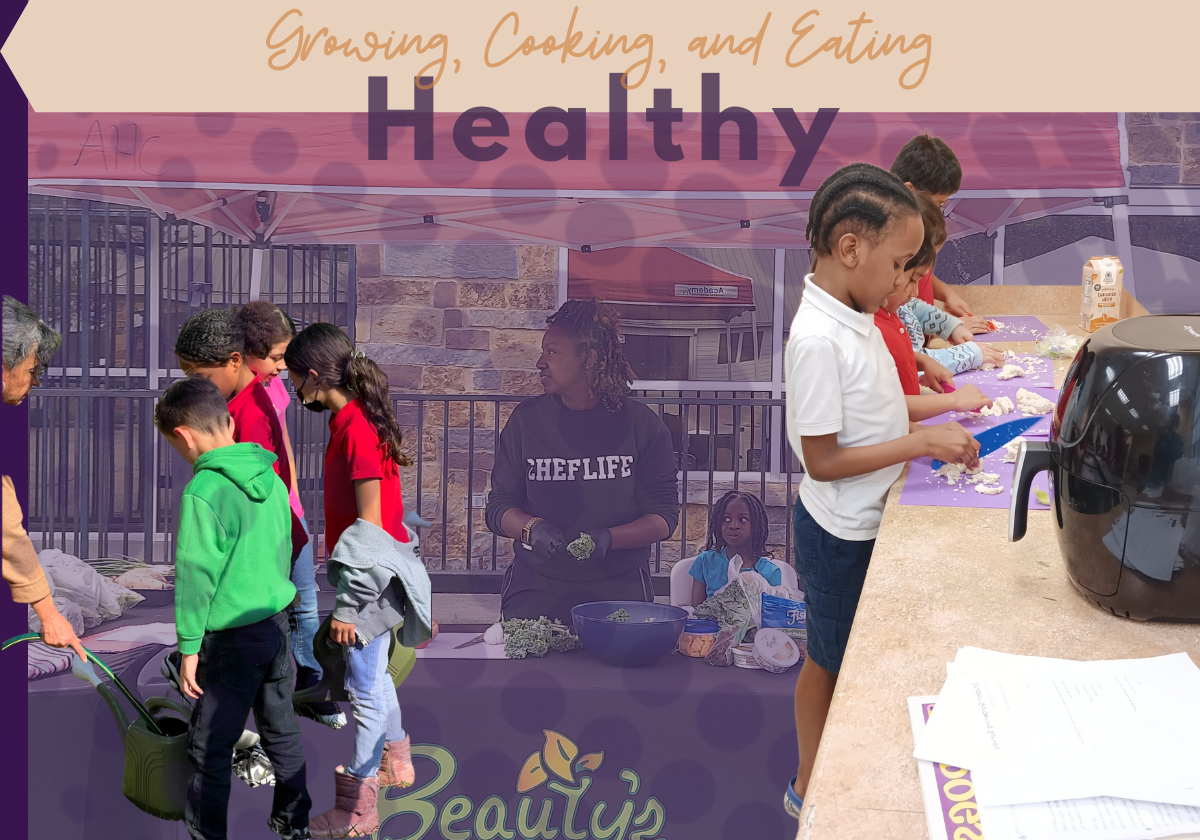
PROGRAMS: Our year-round urban farming, cooking, and youth programs form the cornerstone of our community impact. Our Food Desert to Beauty programming extends our outreach to over 40 food desert communities, significantly enhancing engagement and impact. These initiatives represent just a glimpse of our efforts.
For more details, please click the link below. Learn more
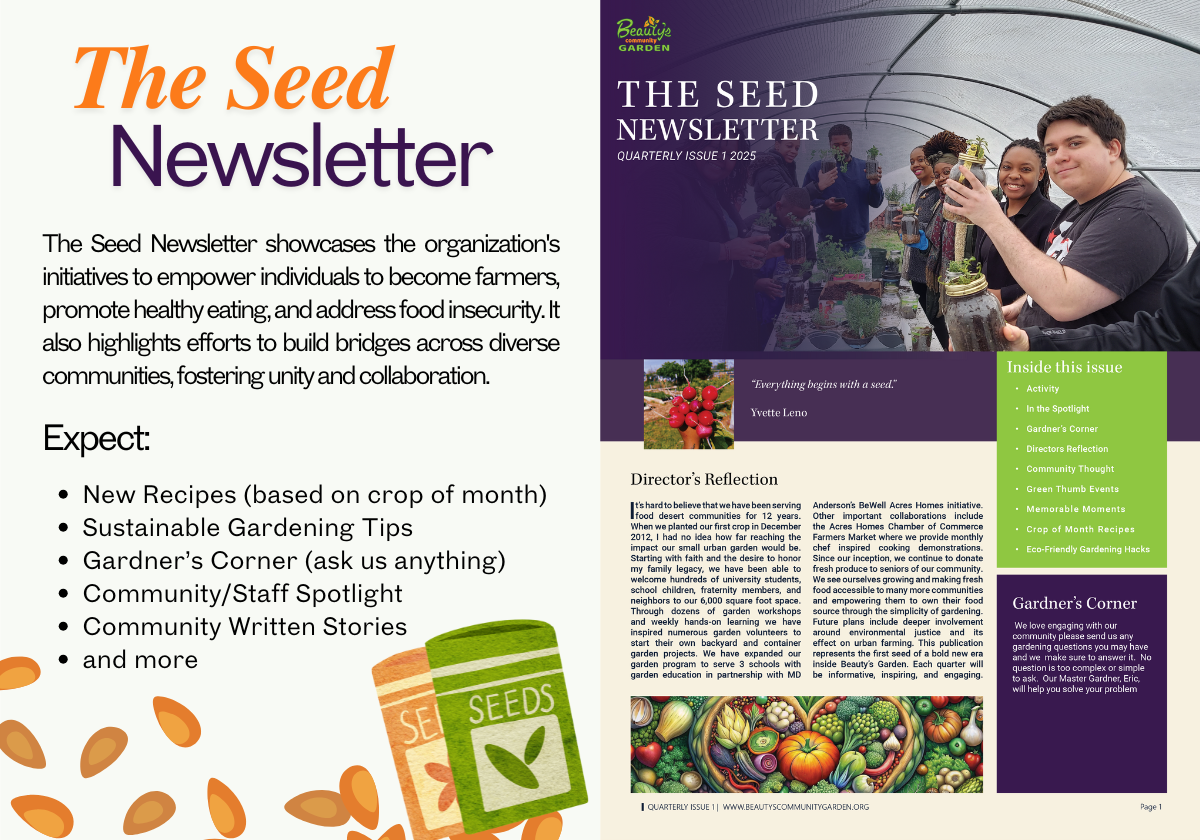
PUBLICATION: The Seed Newsletter has replaced the Green Seedling Magazine. Our first publication went out for the 2024 Holiday Season in December. Our quarterly newsletter is created with our community in mind.
Join the mailing list, click the link below. Sign up for the SEED
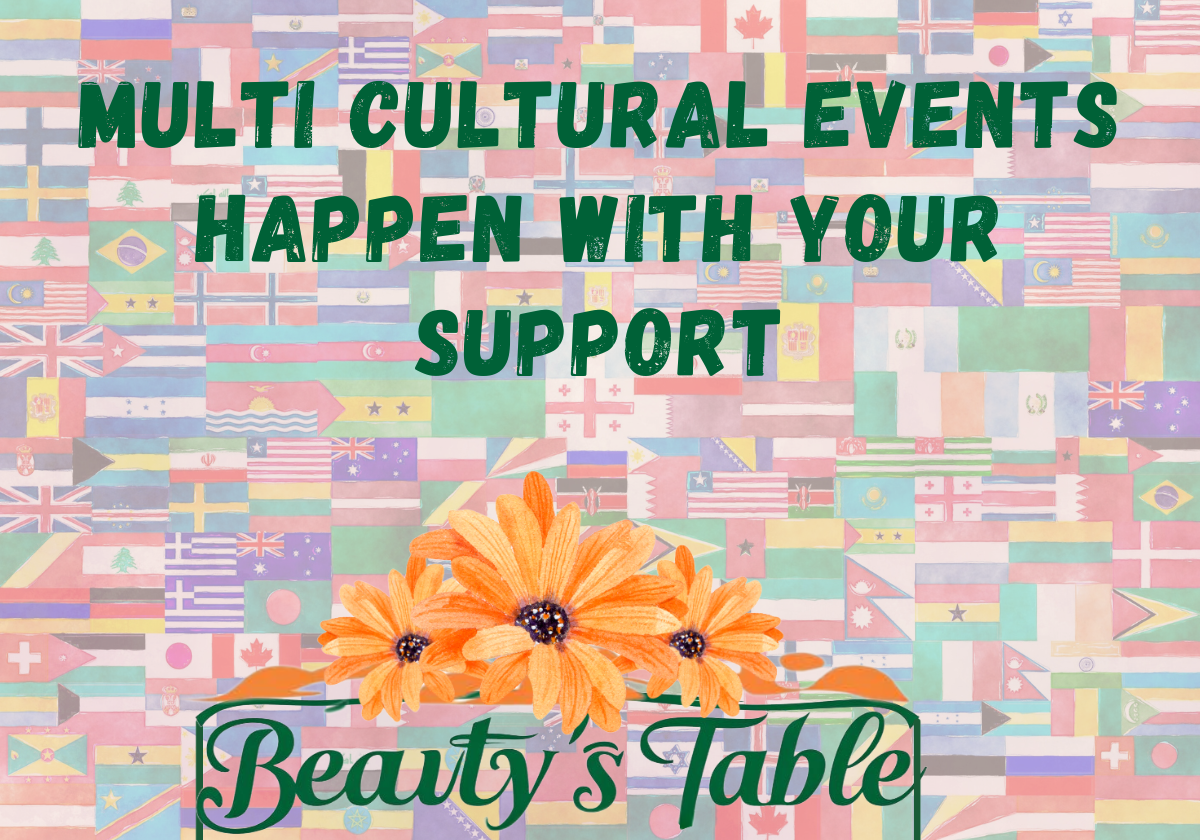
SUPPORT: As a non-profit, we rely on your support to develop and provide programs, events, and food to the community. In an effort to diversify and make our fundraising initiatives more inclusive, we have decided to retire our annual MLK PEACE through PIE event. In 2025, we introduced our Beauty's Table Series, which allows a select few to enjoy a fine dining experience surrounded by the beauty of our urban garden. For more information on this event, please click here.
We also plan to roll out an international food tasting event for Octoberfest—more details to come.

